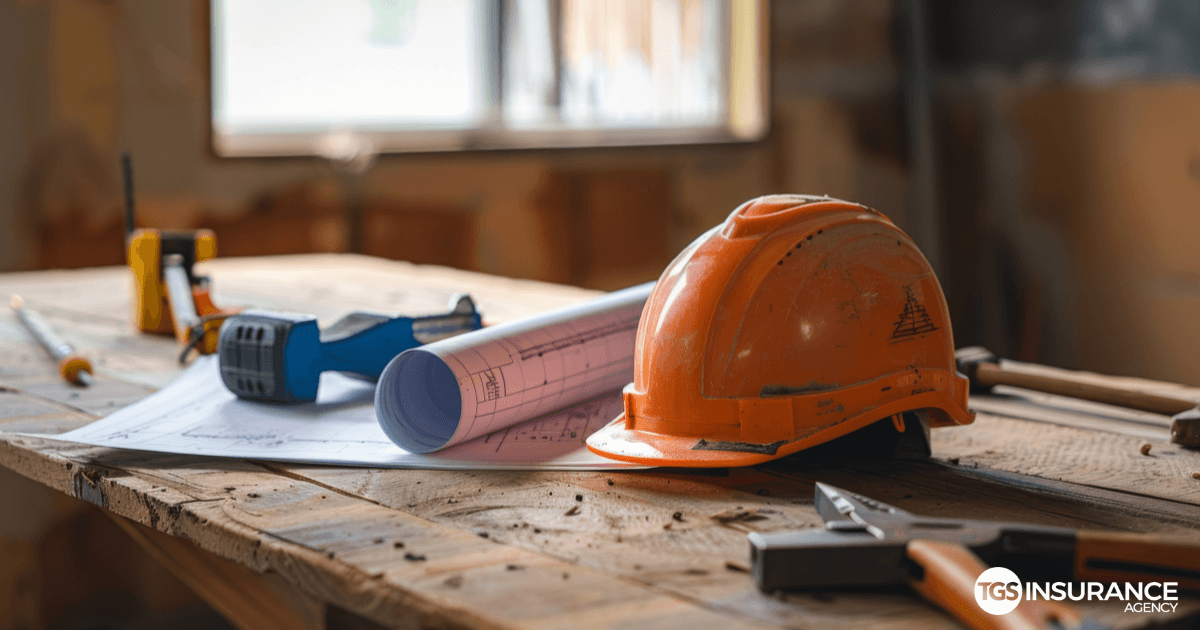
Affordable Home Safety Improvements to Lower Your Insurance Premiums
Owning a home is a dream come true—until those monthly bills remind you of the costs involved. From utilities to maintenance to insurance premiums, it adds up quickly. But here’s the good news: making your home safer doesn’t just protect your family and property—it can also lead to lower insurance premiums. And you don’t need to spend a fortune to make meaningful improvements.
Let’s dive into some budget-friendly safety upgrades that can help you save money while giving your home insurance provider fewer reasons to worry.
Why Home Safety Affects Insurance Premiums
Insurance companies calculate premiums based on risk. Simply put, the safer your home, the lower the chance you’ll file a claim. By reducing risks—whether it’s from break-ins, fire, or natural disasters—you’re signaling to insurers that you’re a responsible homeowner. In return, they often reward you with discounts.
But you don’t need to build a fortress to get a better rate. Sometimes, small changes make a big difference.
Affordable Home Safety Improvements
1. Install a Smoke Detector and Carbon Monoxide Alarm
Cost: $20–$50 per device
Impact: Potentially life-saving and often required by law, these devices are a no-brainer. Many insurers offer discounts for having working smoke and carbon monoxide detectors installed.
Pro Tip: Test your alarms monthly and replace the batteries annually. Better yet, opt for models with 10-year sealed batteries for hassle-free maintenance.
2. Upgrade Your Locks
Cost: $30–$150 per lock
Impact: Strong locks are your first line of defense against burglars. Deadbolts, smart locks, or reinforced strike plates can significantly improve security.
Fun fact: Some smart locks even allow you to monitor your doors remotely, adding an extra layer of protection.
3. Add Outdoor Lighting
Cost: $25–$100 per fixture
Impact: Motion-activated lights deter intruders by eliminating places to hide. They’re an affordable way to boost safety and might earn you a discount on your insurance.
Bonus: Solar-powered options are eco-friendly and save on electricity costs.
4. Secure Your Windows
Cost: $10–$50 per window for security film or locks
Impact: Windows are a common entry point for burglars. Adding window locks or shatter-resistant film makes breaking in more difficult, which insurers love to see.
5. Install a Security System
Cost: $100–$300 for basic systems (plus optional monitoring fees)
Impact: Security systems don’t just deter crime; they often come with built-in monitoring for fire or carbon monoxide. Many insurance providers offer discounts of up to 20% for professionally monitored systems.
Budget Tip: Consider DIY systems that don’t require monthly fees, such as SimpliSafe or Ring.
6. Trim Trees and Maintain Landscaping
Cost: $0–$200 depending on the size of the job
Impact: Overhanging branches can damage your roof during storms, while dense bushes provide cover for burglars. Keeping your landscaping tidy reduces both risks.
7. Reinforce Your Roof
Cost: $50–$200 for simple reinforcements like hurricane straps
Impact: In hurricane-prone areas, roof reinforcements can lower the likelihood of damage during storms—and significantly reduce your premiums.
Insider Tip: Some states offer rebates for stormproofing your home. Check with local programs for assistance.
8. Install a Water Leak Detection System
Cost: $50–$300
Impact: Water damage claims are among the most common for homeowners. Leak detection systems alert you to problems early, preventing costly repairs and potential premium hikes.
9. Anchor Large Furniture
Cost: $10–$50 per kit
Impact: In earthquake-prone areas, securing bookshelves, TVs, and other large furniture protects your family and prevents claims for falling objects.
Small Steps, Big Savings
Now, you might be wondering: Do these upgrades really make a difference? The answer is yes! While each improvement on its own might only shave a little off your premium, the combined impact adds up. Plus, the peace of mind knowing your home is safer is priceless.
And here’s a little insider tip: Contact your insurance provider before making upgrades. Many companies have specific discounts for certain improvements, and knowing what they reward can help you prioritize.
Why It Matters
Affordable safety upgrades aren’t just about saving a few dollars—they’re about creating a safer, more resilient home. And if you can lower your insurance premiums along the way, that’s just the cherry on top.
So, whether you’re installing a motion light, sealing up your windows, or finally upgrading to that smart lock you’ve been eyeing, remember: A safer home is a smarter investment. And your wallet (and insurer) will thank you.
Instant Home Insurance Quote
Recent Home Insurance Articles:
- Thanksgiving Fire Safety: Protect Your Home, Your Family, and Your Peace of Mind
- Fall Home Maintenance Checklist: Prevent Costly Insurance Claims Before Winter
- Who Needs to be Listed on Homeowners Insurance
- Does Homeowners Insurance Cover Mold?
- Actual Cash Value vs. Replacement Value: What’s the Difference, and Where Does Market Value Fit In?